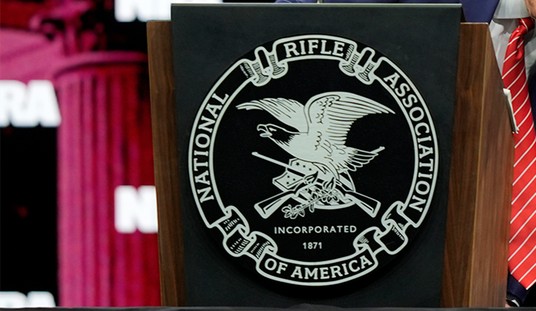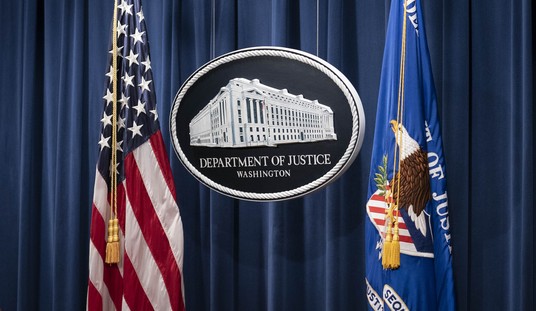The Second Amendment is part of the United States Constitution, which means it’s the law for each and every American, regardless of your race, religion, political affiliation, favorite college sports team, opinion on the last season of Game of Thrones, or anything else.
That’s kind of how things work in this country.
Yet because some people actually value the Second Amendment, even in light of horrific tragedies, it seems to be a problem, and Time managed to couch it in the most horrifying manner they could.
Sometimes calls for America to return to God are couched in the language of consolation. Especially after a mass shooting. When 19 children were killed at school in Uvalde, Texas on Tuesday, U.S. Rep. Lauren Boebert, a Republican from Colorado, tweeted that “It is in times like these that we should, as individuals, communities, and as a nation, turn to God for comfort and healing.” Rep. Marjorie Taylor Greene of Georgia followed deflection — “Our nation needs to take a serious look at the state of mental health today” – with denial: “We don’t need more gun control We need to return to God.”
There’s a reason we always hear calls for Christian nationalism rather than for common sense gun legislation from the right. As we have shown in our research, guns are practically an element of worship in the church of white Christian nationalism. Gun rights thus must be defended at all costs.
Along with “thoughts and prayers”—a response so hollow it has become a meme for contempt — Christian nationalist calls like Greene’s are often accompanied by warnings not to “politicize the deaths,” as worship leader and MAGA advocate Sean Feucht put it in his own tweet: “We need to call on God. We need him back in schools. We need him to heal our country. He is our only hope.” Evangelical Christian and Lieutenant Gov. of Texas Dan Patrick went on the Tucker Carlson show hours after the massacre to say “We gotta unify in prayer. We have to unify in faith…This was a country founded on faith, Tucker. And that’s why together we have to come together as a people. Don’t politicize it. Don’t point fingers.”
It’s a Christian nationalist mantra because political action after a mass shooting might well imperil unlimited access to guns. My colleague and I conducted a representative survey of over 1,600 Americans in February 2020. We found that among white Americans who strongly agreed that “The federal government should declare the United States a Christian nation,” over two-thirds rejected the idea that “The federal government should enact stricter gun laws.” Those laws had the support of over 55% of Americans in general.
Of course, the phrase “Christian nationalist” is meant to be evocative. It’s meant to signal the idea that some people really only think guns are for some people.
Yes, people who tend to believe the United States is a Christian nation also tend to believe in the Second Amendment’s absolute nature, but once upon a time, that was nearly universal across the party lines. There were tons of pro-gun Democrats with no intentions of declaring this a Christian nation.
In other words, it’s not those Time refers to as “Christian nationalists” who did anything different.
For the record, I prefer my Christian faith separate from my government. While the separation of church and state isn’t mentioned in the Constitution at all, I do prefer the two separate. After all, imagine what someone like Joe Biden would manage to do if he had any say in how we practice our faith?
So I’m hardly a Christian nationalist, as they use the term.
But is the broader point, that gun rights are practically a religion to the right, accurate?
Obviously not. It’s the kind of sophistry I’ve come to expect, of course, in hopes of trying to paint support of the right to keep and bear arms like some kind of idolatry, but it’s not remotely accurate in any way. No one worships their guns after all.
Many of us, myself included, holds that the right to keep and bear arms comes from God, but it’s more a matter of God created man and all men hold these rights by virtue of their existence. Atheists may disagree about the God part, but many still agree with natural rights like this.
As such, I can’t help but think that the writers’ massive amounts of research were little more than biased dives meant to confirm their worst fears.
Typical, I’m afraid.








Join the conversation as a VIP Member